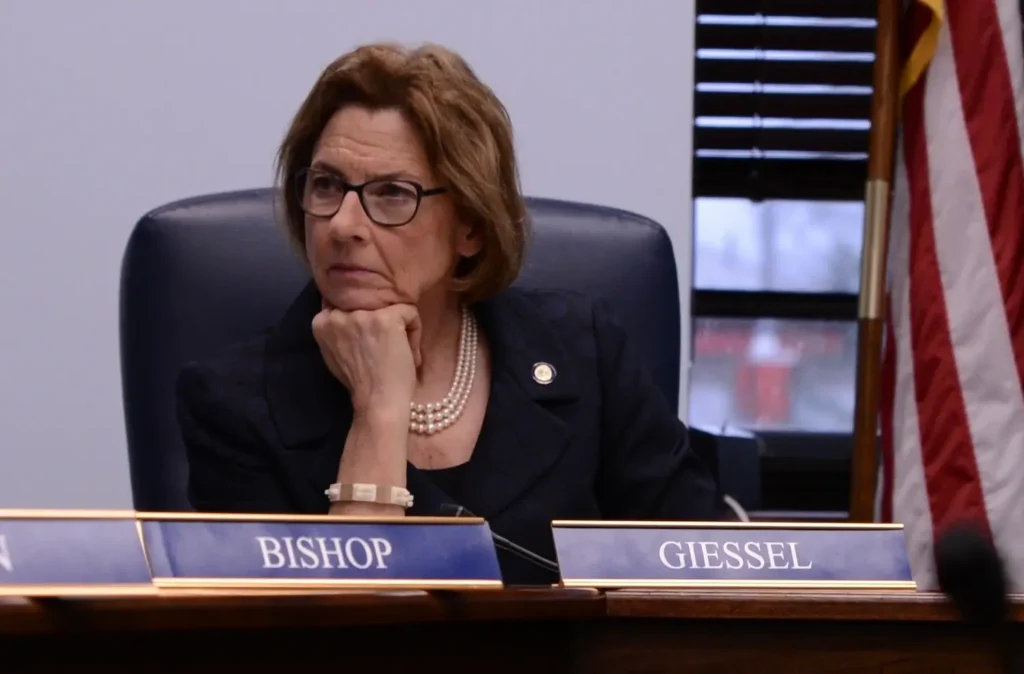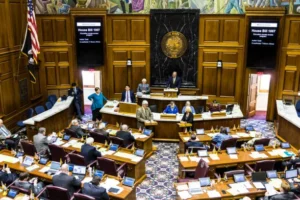The Senate is renewing its push to reinstate Alaska’s public pension system, hoping to address workforce challenges. Senator Cathy Giessel, R-Anchorage, introduced Senate Bill 28, designed to replace the pension system eliminated in 2006.
This early introduction signals a strong focus on pensions, education and energy issues in the 34th Alaska Legislature. In addition to the pension bill, legislators pre-filed 76 bills and five draft constitutional amendments last Friday.
Proposed measures include free meals for public school students, a ban on foam food containers and restrictions on cellphone use in schools. Despite the influx of bills, the prior legislature saw only 89 of 665 proposed laws enacted, marking a passage rate of 13.4%.
Supporters argue that reviving Alaska’s public pension system is vital for retaining skilled workers like police officers and firefighters. They contend that other states’ competitive retirement benefits lure away well-trained employees after Alaska invests in their training.
The workforce turnover creates high hiring and training costs for local and state agencies. Skeptics remain concerned about repeating the mistakes of Alaska’s closed pension system, which left a multibillion-dollar unfunded liability.
Last year, lawmakers addressed these concerns by modifying the proposal to reduce benefits and increase employee contributions. However, opposition in the House prevented further progress, with a single hearing halting the bill.
This year, a more favorable political alignment in the House raises optimism for the pension bills’ advancement. A democratic coalition, including Republican Rep.-elect Chuck Kopp, appears poised to champion the legislation.
Kopp, a strong proponent of pension revival, expressed confidence, saying, “The House will show its commitment to responsible retirement security.” If the bill is passed by the legislature with Governor Mike Dunleavy, it will face its most demanding challenges.
Giessel has yet to discuss the proposal with the Governor; she explained the situation’s urgency by stating, “I think the data is pretty overwhelming, that we are in a crisis situation.” Advocates are pushing for swift legislative action to address Alaska’s hiring disadvantage and ensure competitive workforce solutions.
This news article was originally published by Alaska Beacon.










